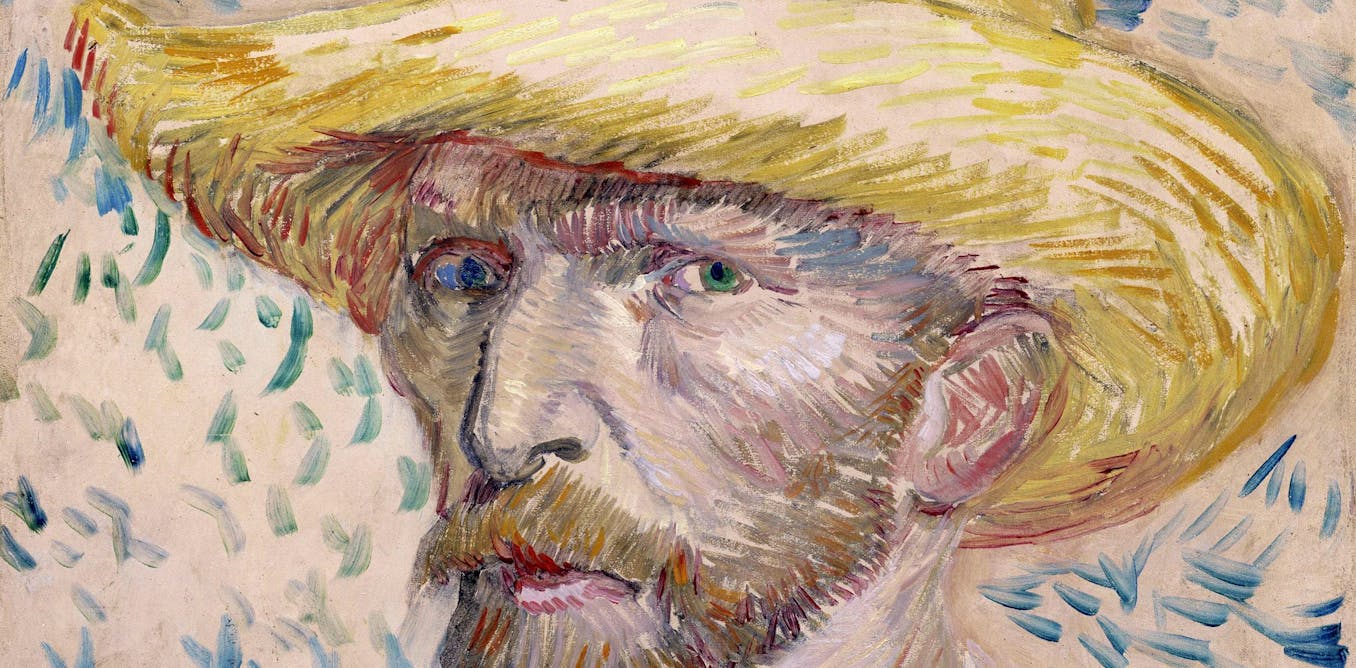There comes a time when a person is sure they are drunk. They might try to say something authoritative and instead mew some incoherent babble. They might try to cook a late-night snack and end up pouring an entire cellar of salt into the pan. At these times, a voice deep inside their mind might say, “You’re drunk.” So, too, with hallucinogenic trips: As magical colors swirl in their visual field and the walls of the room seem to breathe in and out, the tripper will know something is abnormal.
Intoxicants warp reality. People know this before they take the intoxicant, and so they expect reality to warp. But what happens when you don’t know you’re intoxicated? In those instances, people often mistake the warped reality they see for actual reality. They feel no reason to correct their senses. According to some research, one in three people reading this is intoxicated right now, but they might not know it. They are sleep-deprived.
To understand how sleep deprivation affects our perception of reality, Big Think spoke with Dr. Jade Wu, an internationally renowned sleep psychologist and author of Hello Sleep. Wu told us just how much sleep affects our understanding.
Waking dreams
If you’ve ever been seriously sleep-deprived, maybe after an international flight or staying up all night tending to a newborn, then you may already know how it can warp your perception. Serious sleep deprivation changes how your mind works. “When we can experience extreme sleep deprivation, so this is like very little sleep for multiple days in a row, we can have hallucinations,” Wu said. “We see things that aren’t there, and we’re hearing things that aren’t there. There’s a general fuzziness in our ability to process our sensory input.”
It’s this latter point that is especially important to philosophy. Philosophers have long written about how fallible our senses are. Sextus Empiricus placed a stick in water to show how it would appear bent. René Descartes wrote, “The senses deceive…and it is prudent never to trust wholly those who have deceived us.”
The point, at least in Western philosophy, is not to entirely disregard the senses but to correct them. We should treat them suspiciously, but we have to use them. Trust, but verify. When we’re seriously sleep-deprived, however, we cannot so easily process our senses. Kant once wrote, “All our knowledge begins with the senses, proceeds then to the understanding, and ends with reason.” Reason is the final arbiter that calibrates all that we see. According to Wu, though, knowledge doesn’t end with reason. It ends with a good night’s sleep.
Sleeplessness and memory
Most of us are not sleep-deprived to the point of hallucination. The “one in three” figure refers to the milder and more common types of sleep deprivation resulting from one or two nights of poor sleep. Even in these cases, however, sleep deprivation can warp your perception.
“When we sleep, part of what happens is that our brains make sense of the things that we have seen. It makes sense of our emotions and how they relate to the things we have seen,” Wu said. “It gets rid of information that is not important and keeps information that is important.”
If you get even a few bad nights of sleep, your brain will likely store memories differently. They get jumbled up. What should usually get dumped gets consolidated. Your memory does curious things. For instance, a sleep-deprived brain might focus on or disproportionately remember negative or inappropriate emotions. A study from 2020 found that sleep-deprived people are more likely to experience negative and intrusive thoughts.
Time perception
One of Kant’s greatest philosophical contributions was the idea that time is not a thing present in the world but rather something projected by our understanding to make sense of everything. There is no time. We invent it. The fact that time is, in part, “in our heads” gets anecdotally verified almost every day. An hour in the company of your best friends spent laughing and chatting can feel like a minute. Conversely, anyone who has ever sat through the entirety of Dude, Where’s My Car? will understand that an hour can feel like a decade.
Sleep deprivation can play tricks on your perception of time. “When you’ve had insomnia for a little while, then you start to have a distorted perception of time during the night,” Wu said. “A lot of insomnia patients will think that they’ve been awake for hours when they’ve really only been away for minutes during the night.”
A 2003 study examined the effects of serious sleep deprivation on time perception. The researchers asked participants (who did not have access to a clock) to estimate how long they perceived certain periods of time to be under two conditions: when they were rested and when they were sleep-deprived. After two sleepless nights, participants noticeably overestimated durations.
Sleep is king
It is remarkable how many of our higher faculties depend on a good night’s sleep. Not only are we more alert, but we tend to be calmer, more patient, and far more capable at a range of cognitive tasks. What Wu tells us is that sleep is even more structural than that. The way we perceive reality and the way we process or calibrate our senses will all depend on getting some shut-eye.
Philosophy is often concerned with truth, reality, and perception, all of which depend on restfulness. So, Kant was wrong when he wrote, “There is nothing higher than reason.” There is nothing higher than a good night’s sleep.
This article The hidden ways sleep deprivation warps your reality is featured on Big Think.

The post “The hidden ways sleep deprivation warps your reality” by Jonny Thomson was published on 02/01/2024 by bigthink.com



































